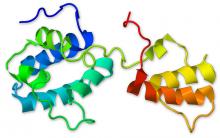What teachers can learn from teens in a transmedia world

Transliteracy, or the ability to read, write and interact across diverse platforms, tools and media including print, radio, TV and digital channels, has come to symbolise the gap emerging between modernity and tradition, and how this plays out in schools and society. International research has now shed light on what has become one of the hottest subjects today; the evolution of learning in the transmedia digital age, and how it affects (and is affected by) youths.









